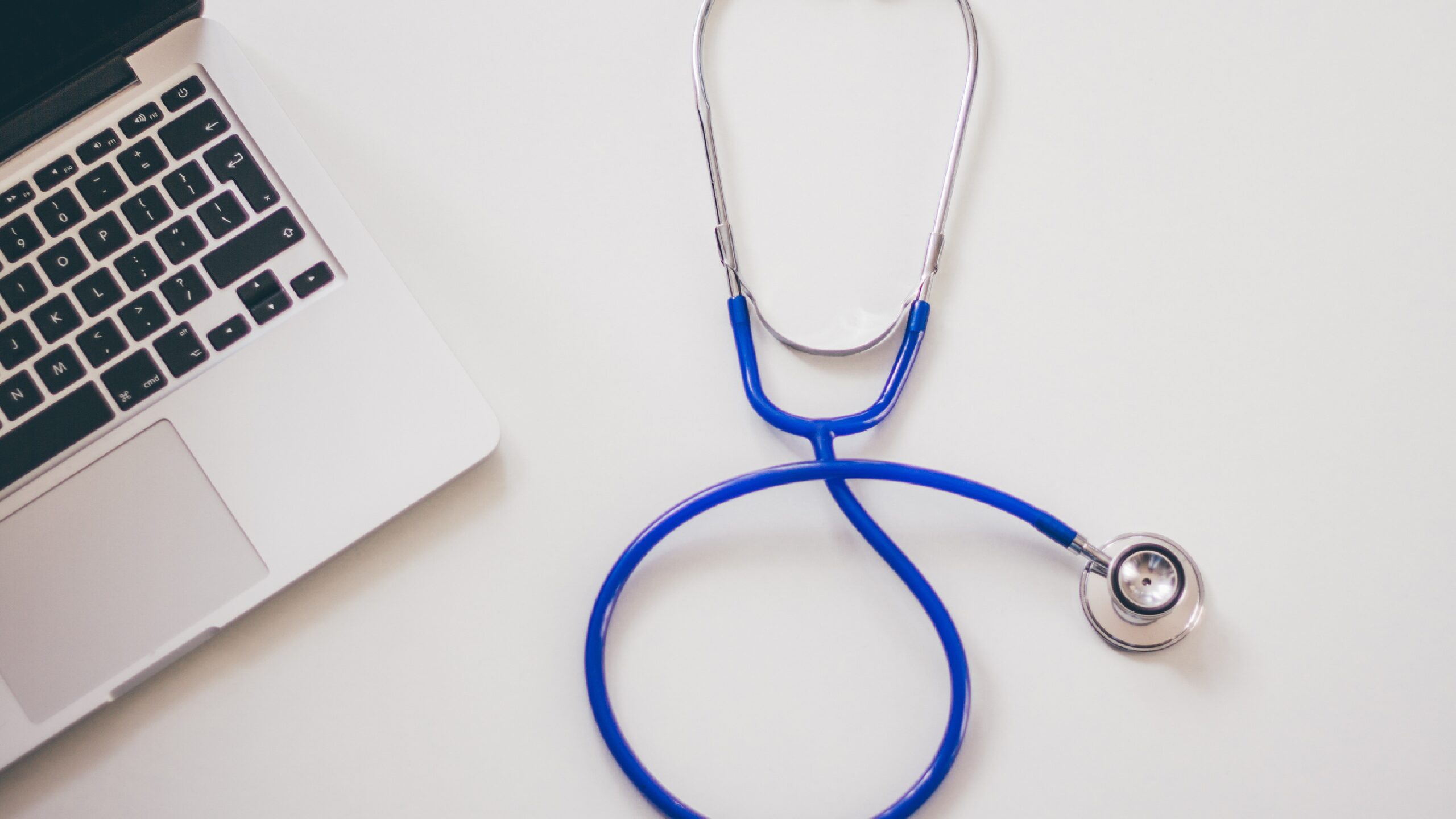
With the current shortage of HRT in the UK, there will be a number of women who are either already on it and anxiously wondering whether their next prescription will be met, or women desperately hoping that it becomes available soon because they can no longer maintain their career, relationships and wellbeing without the promised relief it might bring. Some pharmacists I have spoken to cannot see the situation getting any better until 2023 at least.
There are of course many excellent alternative practitioners that can offer support, including nutritionists, herbalists, homeopaths, acupuncturists, reflexologists and CBT practitioners. The list is long, and may I say I know quite a few who offer a great service to women.
The problem is that it highlights the ever increasing gaping hole in health inequality. This is going to be amplified as inflation rises and women need to choose between feeding themselves and their dependents (children, elderly parents or dependent family members), or heating their homes. When women are making these decisions, the cost of visiting any alternative practitioner is out of the question. This is even more the case when multiple visits in a month are required, equalling hundreds of pounds.
The cheaper end of the alternative spectrum is over-the-counter vitamins and minerals. Qualified advice is required before some can be taken. As with all these products there can be negative effects on existing health issues or medication. They are not a risk-free solution. They are also expensive, again ranging from £5 to £30 per pot or packet per month, of which two to three are usually recommended. Again, this is out of reach for many.
I have run community menopause sessions where the women echoed the thoughts of those I have heard on local and national radio over the last few weeks, talking about their desperation to feed and clothe their children and their fear over energy charges come the autumn, working two or three jobs. Their partners are doing the same. They have to utilise foodbanks, community projects and their neighbour’s generosity to ensure their children eat at least once a day. Many struggle to pay for school dinners. In this situation women do not have the luxury of alternative therapies, fancy vitamins and minerals or organic wholefoods. They are eating only the scraps left over from the kids, putting their own long-term health at risk. If you layer menopause over this the outcome can be catastrophic for families, communities and society as a whole.
Anyone suggesting that menopause and raising a family are not experienced at the same time of life, are thinking of their parents’ and grandparents’ generation. It is outmoded, stereotypical and unhelpful. Increasing numbers of women are having children later in life or having a second family inside a second marriage. Life changes or illness, often throw families into circumstances they could not have predicted or prepared for. Other women find themselves for medical reasons having an early menopause. 5% of all women have their menopause before the age of 45 and could be experiencing symptoms for many years before that. Other women still, are the matriarch of a three generational household, for which they bear full financial responsibility.
We all walk but a few paces away from these lives. Empathy and recognition are required not narrow judgement.
If a woman is in the position where her and her family, are dependent on her earnings from the array of jobs she is desperately trying to hold on to and she is one of the 25% of women who have a devastating life changing menopausal experience, treatment options are extremely limited. Or perhaps she is one of the 50% who need to make some lifestyle changes to make it through without medical intervention, but finds those changes too complex, time consuming or costly to achieve. Menopause is not a choice, every woman will have one and the severity with which she experiences it, is a genetic lottery.
Menopause can deliver a terrifying break point. If a woman doesn’t work, she doesn’t get paid, but her symptoms can severely impact her ability to work, affecting her chances of either keeping her current job(s) or gaining alternative employment. It really is that binary.
Which brings us back to HRT. It is not the solution for all women; diet, exercise and healthy lifestyle choices will be enough for many. But these are also the domain of the privileged middle and upper classes. HRT is the only financially viable solution to rescue many from the downward spiral that menopause can represent.
If we want women to support their families, to keep them quite literally from starving – I can’t believe I am writing this in the UK, but this winter will see a state of emergency unless things change – if we don’t support women to do this, the short-term and long-term cost to our communities and society as a whole will be devastating. The government and its ‘HRT Tsar’ need to stop navel gazing, see the bigger picture and support women. Alternatively, they can offer a multitude of alternative therapies which considering the financial implications is unlikely.
Health inequality is something that is pitched to get worse as the majority lean on a creaking NHS with rose tinted expectations and the minority cosy up inside their private medical plans, receiving excellent care. It is time to focus on those things that fundamentally enable half of the population to work, support their families and contribute to society. It’s a right.
If you need help or advice supporting the women in your business, contact me.

Recent Comments